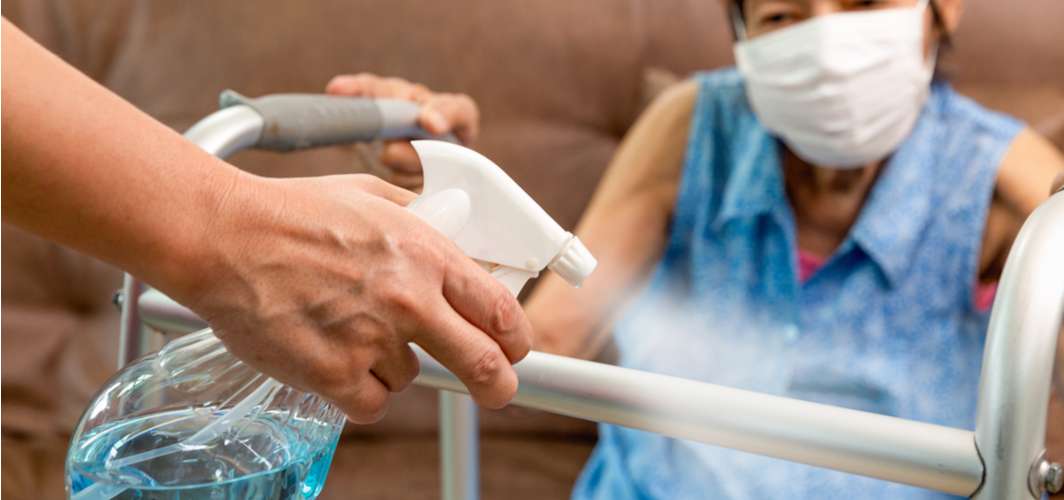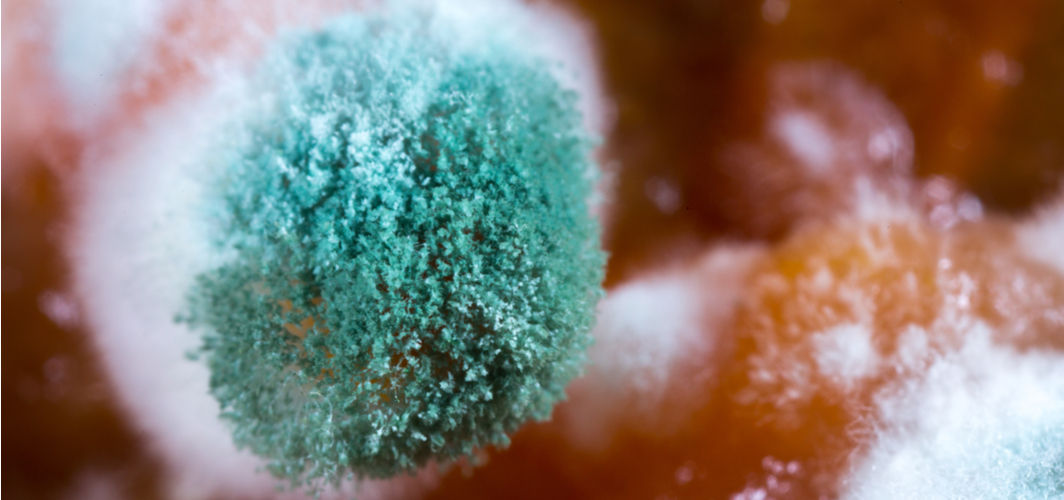Coronavirus Updates
Caring for COVID-19 Patients at Home
5 min read
By Apollo 24/7, Published on - 27 April 2021, Updated on - 18 October 2022
Share this article
2
33 likes

The Coronavirus disease caused by the SARS-CoV-2 virus affects each person differently. While some people do not develop any symptoms, others may suffer from severe health complications. However, not everyone contracting the COVID-19 virus may require hospitalisation. People with mild and moderate symptoms can be treated at home. Various organizations including the WHO and the Ministry of Health and Family Welfare (MoHFW) of India have laid out guidelines that will help people take care of COVID-19 patients at home.
Can all COVID-positive patients be treated at home?
A COVID-19 infected person with mild or no symptoms would be examined by a healthcare professional, who would decide if the patient can be quarantined at home. As per the Centers for Disease Control and Prevention (CDC), US, one must have proper facilities at their residence, which may be required during home care. Things that are taken into account before considering home care for a COVID-positive patient include:
- The patient should not be immunocompromised or have any severe symptoms such as breathlessness, pain in the chest or mental confusion.
- The caregiver should be healthy and free from chronic health conditions.
- There should be a separate well-ventilated room and bathroom for the patient.
- The household members of the infected person must not fall under the high-risk category, which includes people above the age of 60 years, pregnant women and people suffering from chronic diseases such as heart diseases, lung diseases and chronic kidney disease.
Taking care of a COVID-19 positive person at home
As per Government guidelines, a COVID-positive person needs to isolate themselves for 14 to 17 days. Tips that may help a caregiver take care of a COVID-positive person at home include:
- Follow the doctor’s instructions related to the diet and medications of the patient. The symptoms may last from a few days to an entire week or more.
- Stock all the necessary supplies such as groceries, medications and other things that the patient may need during quarantine.
- Do not allow any visitors at home as it can increase their risk of infection.
- Give the patient lots of fluids and ensure they take proper rest.
- Make sure the infected person has been isolated in a well-ventilated room, with enough windows. If possible, the infected person should be given a separate bathroom.
- There should be only one caregiver for the patient. The caregiver should be healthy and must not be suffering from chronic or immunocompromising conditions such as cancer, HIV, type 1 diabetes, and heart diseases.
- Wear a triple-layer mask (like N-95 or a surgical mask) while getting in contact with the patient. Do not reuse the masks and gloves.
- Keep separate utensils for the patient and keep them away from the rest of the family’s utensils. Wash the utensils with soap and water after every use.
- Follow proper hand hygiene, i.e., washing hands with soap and water or using an alcohol-based hand sanitiser, while handling the patient’s belongings and before and after preparing food.
- Provide the patient with disposable paper towels to wipe the hands after washing them with soap and water.
- Avoid getting in direct contact with the patient’s body fluids such as mucus, sputum, nasal secretions, urine or stools.
- Disinfect all the surfaces of the bathroom and toilet of the patient once a day using 0.1% sodium hypochlorite.
- The dirty laundry of the patient should be kept in a separate bag and should be washed separately.
What should the patient take care of while being isolated at home?
Things that a COVID-infected patient should take care of include:
- Limit contact with other members of the family and pets.
- Wear a triple-layered mask all the time and discard it after 8 hours of use or if they get visibly soiled. The mask should be discarded after disinfecting it with 1% Sodium Hypochlorite solution.
- Cover the nose and mouth with a disposable paper towel while coughing or sneezing.
- Limit movement inside the house to reduce the risk of spreading the disease.
- Check the temperature and oxygen saturation levels using a digital thermometer and pulse oximeter (the amount of oxygen in the blood) frequently.
- Drink lots of water and stay hydrated.
- Follow proper hand hygiene, wash hands with soap and water or use a hand sanitiser after touching the frequently-touched surfaces such as the door handles or knobs, table tops and switch buttons.
When to reach out to a doctor
The caregiver must contact a doctor immediately if the infected patient starts developing serious or medically significant signs, that include:
- Difficulty in breathing
- Severe pain and pressure in the chest
- Drop in Oxygen saturation below 95
- Mental confusion or inability to arouse
- Slurring of speech
- Seizures
- Bluish discolouration of the lips or face
- Weakness or numbness in a part of the face or limb.
Takeaway
One must be extremely careful while taking care of a person infected with COVID-19 disease as they are at a high risk of getting exposed to the virus. Wearing masks, following proper hand hygiene, and limiting physical contact with the patient would help in preventing the transmission of the virus. Getting vaccinated further reduces the risk of exposure to the virus. A specialist doctor can be remotely consulted for further advice and recommendations.
Coronavirus Updates
Leave Comment
Recommended for you

Coronavirus Updates
How Does Coronavirus Affect Cancer Patients?
People with cancer may have lower immunity due to which they are at higher risk of severe illness due to COVID-19 and hence, may need to take additional precautions.

Coronavirus Updates
Are People with Blood Group ‘A’ More Vulnerable to COVID-19?
A recent study has shown that people with certain blood types could be at an increased risk of contracting COVID-19.

Coronavirus Updates
Is It Safe to Go Swimming at a Pool or Visit the Beach Once the Coronavirus Lockdown Ends?
There is no evidence so far to prove the spread of Coronavirus in water. Hence, you can go swimming at a pool or visit a beach by following some precautions.
Subscribe
Sign up for our free Health Library Daily Newsletter
Get doctor-approved health tips, news, and more.
Visual Stories

Decoding India’s Fungal Epidemic Triggered by COVID-19
Tap to continue exploring
Recommended for you

Coronavirus Updates
How Does Coronavirus Affect Cancer Patients?
People with cancer may have lower immunity due to which they are at higher risk of severe illness due to COVID-19 and hence, may need to take additional precautions.

Coronavirus Updates
Are People with Blood Group ‘A’ More Vulnerable to COVID-19?
A recent study has shown that people with certain blood types could be at an increased risk of contracting COVID-19.

Coronavirus Updates
Is It Safe to Go Swimming at a Pool or Visit the Beach Once the Coronavirus Lockdown Ends?
There is no evidence so far to prove the spread of Coronavirus in water. Hence, you can go swimming at a pool or visit a beach by following some precautions.